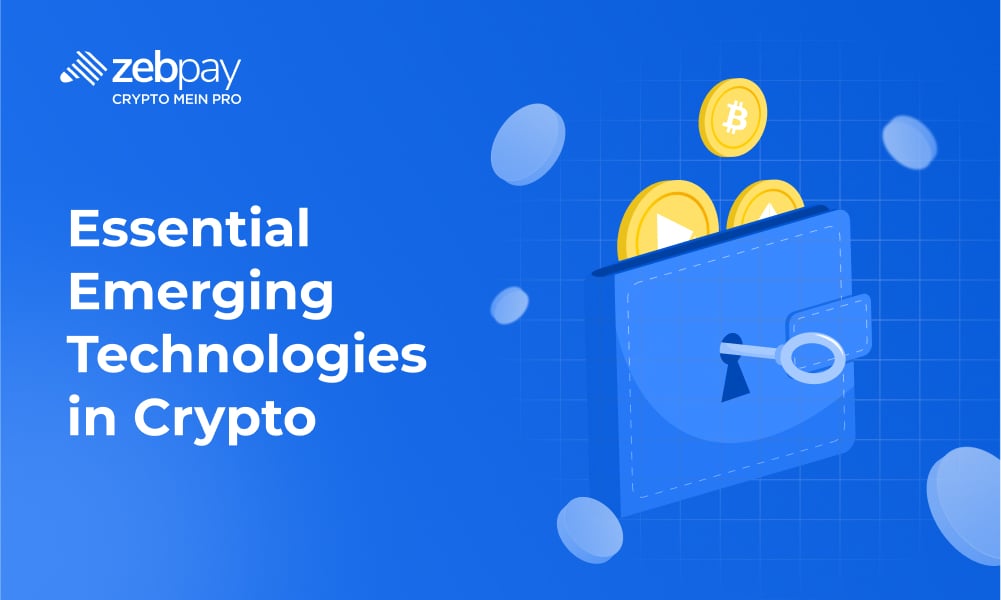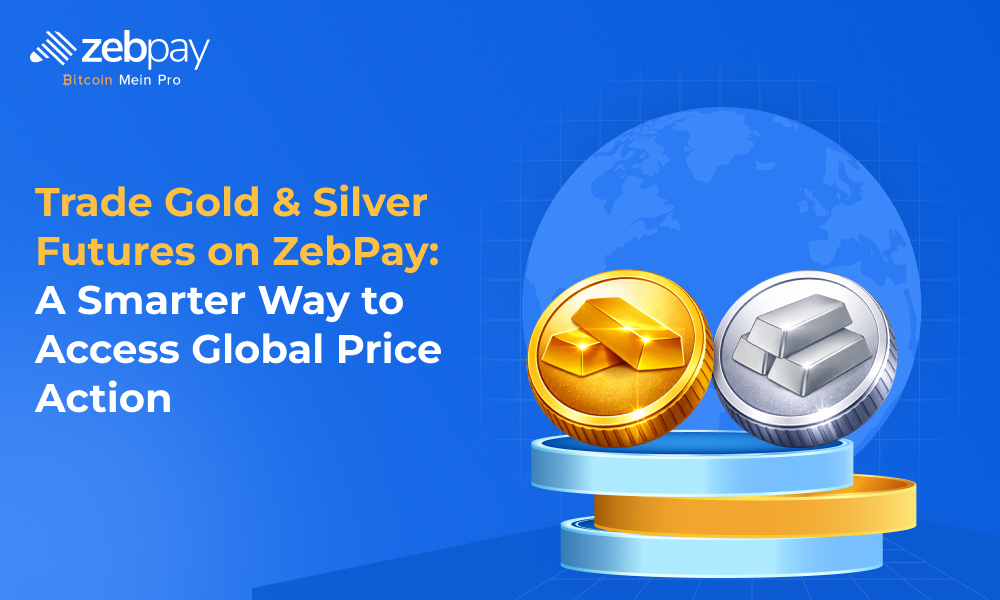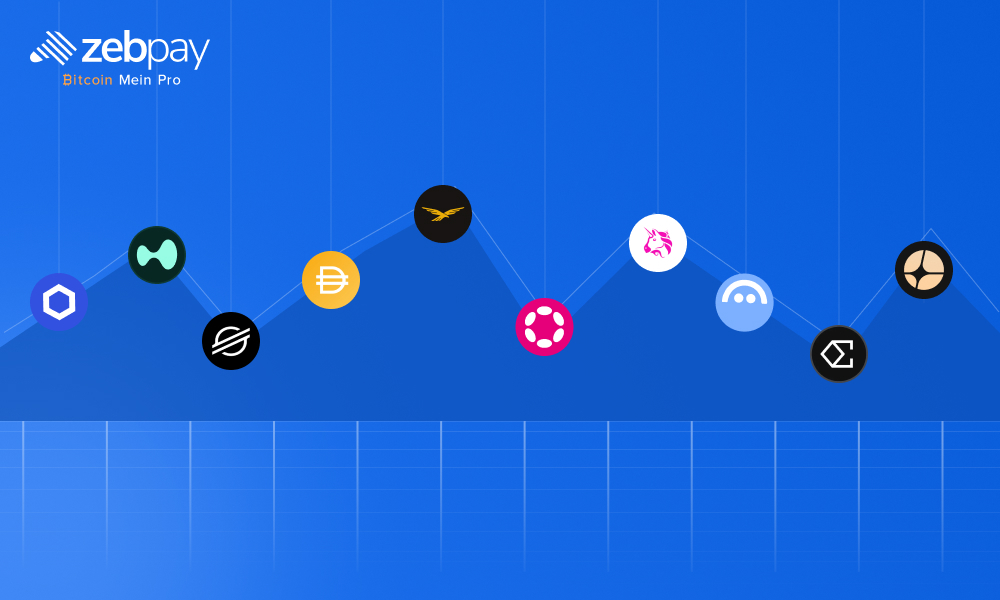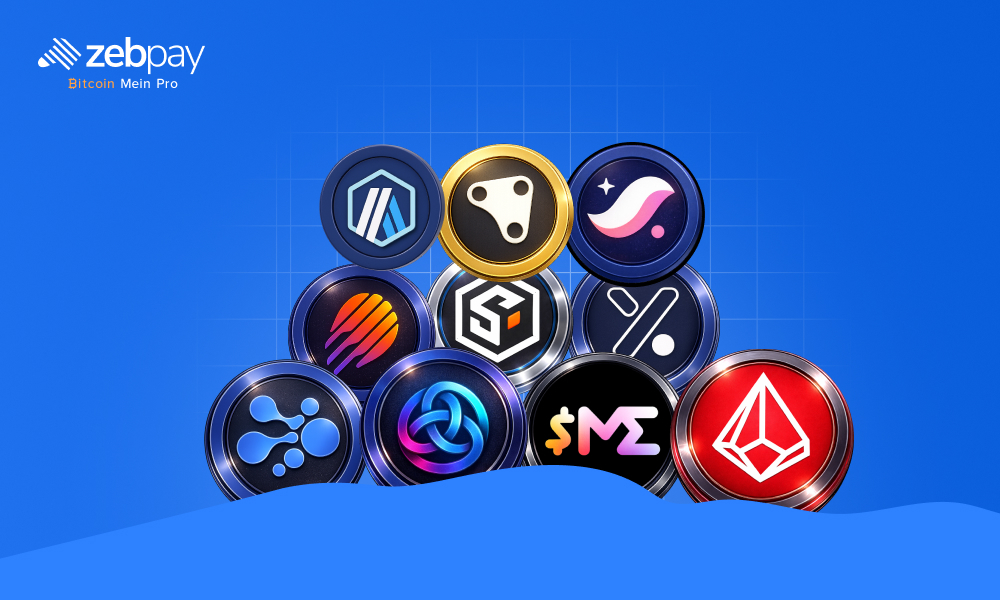Introduction
Blockchain technology has emerged as a transformative force, developing various industries and paving the way for a more secure, transparent, and decentralised digital landscape. As we look towards the future, it is clear that blockchain will continue to play a crucial role in shaping the technological landscape. Beyond its impact on finance, it’s driving enhancements in fields such as healthcare, logistics, and governance, unlocking new levels of efficiency and trust. From what it’s understood, the potential for blockchain to reshape our world is immense, making it a cornerstone of the next wave of technological progress.
Blockchain and Artificial Intelligence (AI)
The integration of blockchain and AI is a powerful combination that holds immense potential. By leveraging the decentralised and secure nature of blockchain, AI algorithms can operate on tamper-proof data, ensuring the integrity and reliability of their outputs. This synergy can lead to the development of more robust and trustworthy AI systems, particularly, in sensitive domains such as healthcare and finance. Numbers quoted by MarketsandMarkets, a market research platform, have shown that the international blockchain AI market magnitude is expected to clock $703 million by 2025.
Blockchain and the Internet of Things (IoT)
The IoT has revolutionised the way we interact with our physical environment. However, there have been reports of traditional IoT systems suffering from centralisation and security vulnerabilities. Blockchain technology offers a solution by providing a decentralised architecture and cryptographic tools to enhance the transparency, security, and efficiency of IoT systems. By integrating blockchain with IoT, users can create smart cities that are more efficient, sustainable, and responsive to the needs of citizens. Blockchain-based IoT systems can automate various tasks, such as real-time traffic monitoring, energy consumption tracking, and public safety management. According to SkyQuest Technology, a global market intelligence organisation, the global blockchain IoT sector size is expected to reach $16753.39 million by 2031.
Asset Tokenization
Asset tokenisation is the process of converting physical assets into digital tokens that can be traded on blockchain platforms. This technology has the potential to change the way we invest in and own assets. By breaking down traditional investment barriers and making investments more accessible, asset tokenization is understood to be democratising the financial landscape. Official reports suggest that real estate tokenization is a promising application, as it allows investors to fractionally own properties and trade these tokens on secondary markets. With blockchain technology maturing, an increased level of tokenization of assets is anticipated, unlocking new opportunities across various industries. The tokenisation market volume is anticipated to clock $11.09 billion by 2030, as stated by Next Move Strategy Consulting (NMSC), a management consulting firm.
Decentralised Finance (DeFi)
Decentralised Finance (DeFi) has emerged as a rapidly growing sector within the blockchain ecosystem. DeFi platforms leverage blockchain technology to provide financial services without the need for intermediaries, such as banks or brokers. Market experts have stated that this disruptive approach to finance offers greater transparency, accessibility, and efficiency. DeFi applications span a wide range of services, including decentralised lending, borrowing, and trading. By eliminating the need for centralised authorities, DeFi has the potential to democratise access to financial services and create new opportunities for individuals and businesses. Insights provided by Grand View Research, a business consulting firm, have mentioned that the multinational DeFi market size should expand at a 46% compound annual growth rate (CAGR) during 2023-30.
Read more about: Decentralised Finance (DeFi)
Non-Fungible Tokens (NFTs)
Non-fungible tokens (NFTs) have captured the imagination of the digital art and collectables world. NFTs are distinct digital assets securely stored on the blockchain, offering verified ownership and proof of authenticity. This technology has revolutionised the way we think about digital scarcity and ownership. NFTs have applications beyond art and collectables, such as in-game assets, virtual real estate, and even physical goods. As the NFT market continues to grow and mature, we can expect to see more innovative use cases emerge, further demonstrating the versatility of blockchain technology. As per Statista, a data and business intelligence platform, the NFT market is expected to clock $683.9 million worth revenue in 2024.
Read more about: Non-Fungible Tokens (NFTs)
Conclusion
Blockchain technology is at the forefront of the digital revolution, enabling a wide range of emerging technologies that are transforming various industries. From AI and IoT to asset tokenization and DeFi, blockchain is providing the foundation for a more secure, transparent, and decentralised future. As these technologies continue to evolve and mature, individuals and businesses must stay informed and adapt to the changing landscape. By embracing blockchain and its associated technologies, we can unlock new opportunities, drive innovation, and create a more equitable and sustainable digital ecosystem.
Unravel everything that you need for your crypto journey via ZebPay blogs. Get started today and join 6 million+ registered users on ZebPay!











